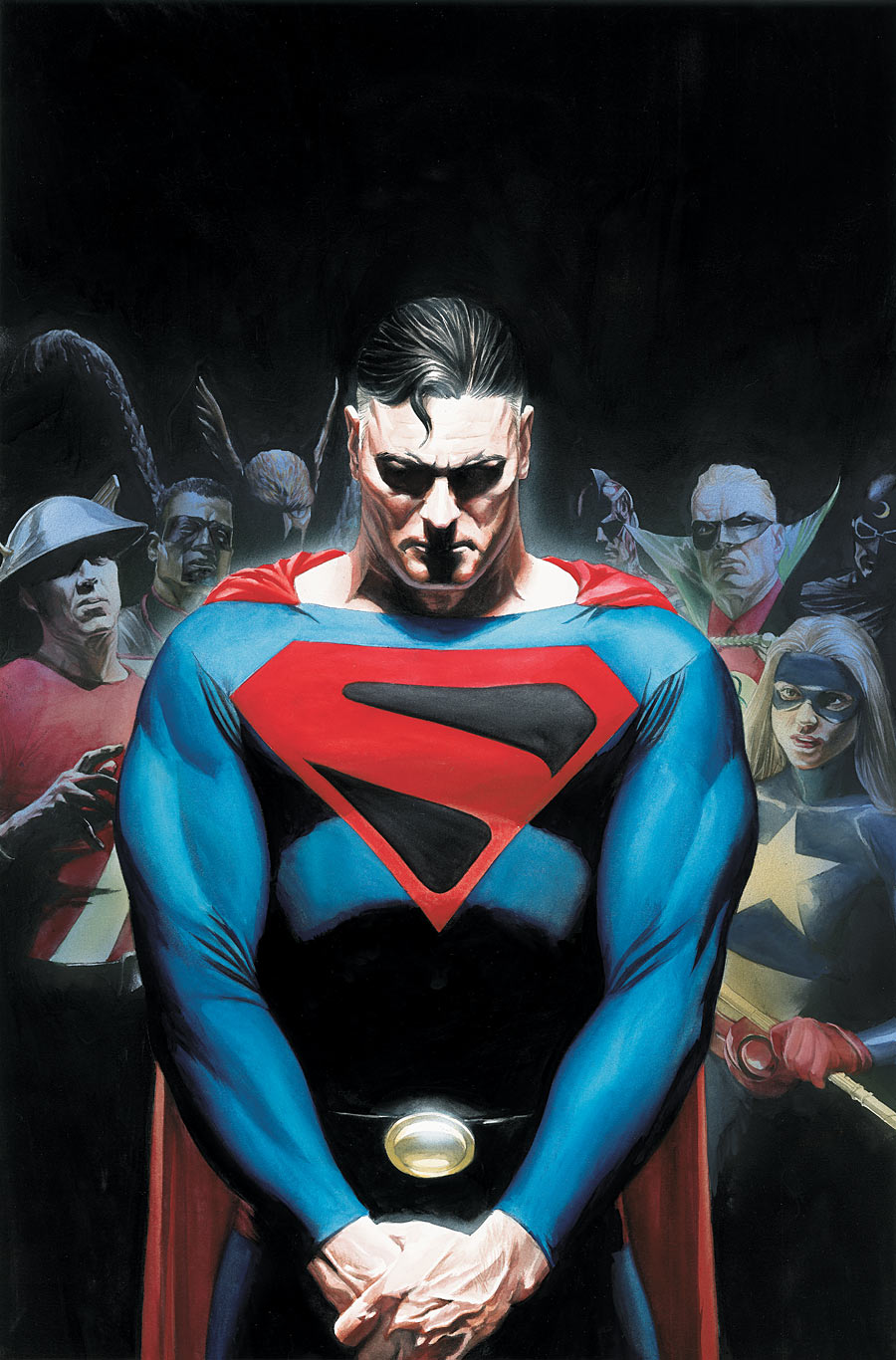Regardless of what you think of the character,
Superman hasn’t exactly had the best track record when it comes to videogames.
From outings as early on the Atari, all the way up to titles on the PS2,
Superman’s greatest foe in the digital age has been mediocre videogames.
Mediocre videogames are also my weakness, but that’s another article.
Whatever it is about The Man of Steel, he tended (especially in the 90’s) to
star in increasingly pallid beatemups, culminating in the historically derided Superman 64.
Perhaps, by examining Superman’s entire history, a different way of looking at
the character would be necessary.
Comic-Old-Guy Alan Moore has famously stated he believes Comic Books are an
inherently different medium from anything else, which necessitates a different
approach to storytelling than what is capable through film, mostly because
people kept making shitty movies based on his comic books.
While there’s probably a series of essays that could be written to contribute a
large amount of words dedicated entirely to the different ways Alan Moore works
have been brutalized on screen, he’s not special in that regard.
The words he chose about comics being different than film, though, are definitely true and do have weight.
Perhaps then, they could also ring true about videogames.
Videogames are a different medium again than film is, and profoundly different
from Comic Books.
Would someone like Harvey Pekar have thrived with a medium like Videogames, or
would he have stumbled with it?
I guess you could compare him to someone like Jonathan Blow, still discovering
exactly what works in regards to
storytelling with videogames, but I also wonder what kind of game Harvey Pekar
would have made.
Would someone who worked in comics have made an indie-game and I mean that in the way that Fez and Braid could
almost be considered ‘indie’ as a genre before anything else; they have an
approach to storytelling that attempts to use videogames as the medium to present it, and not cutscenes or what
amounts to film (basically, there is no attempt to implant a movie into a
game).
Over the last 75 years of Superman stories, the focus has largely been not on
what he can do but what he’s capable of. Namedropping Grant Morrisons
All-Star Superman is particularly
relevant, as it may be one of the best told Superman stories ever.
Partly because Grant Morrison is particularly capable when it comes to
distilling a characters entire history, from the characters space adventures to
time-travel tomfoolery.
The underlying current of the story, though, is Superman’s capability to do good. He is always under as much stress
to do as much good as possible for the entire world, even when he’s dying.
There are few greater stories involving our capacity to be well to each
other than Superman; but that doesn’t necessarily translate to a videogame just
by looking at it that way.
To make a Superman game and have it be rewarding and fun to play, I think the
goal lies in the conditions for failure. The conditions for failure probably
shouldn’t (and really can’t) be the death of the player. They should be the
death of other characters; a failure to save people. A good way to enforce this
would be by building that concept up through the game, and then placing a
player in a condition where seemingly not everyone can be saved.
We do very little ‘heroics’ in Superhero games, even the quasi-open world ones
like Arkham City and I think if that
particular genre wants to go any further, it should probably start by involving
actual stakes to challenge the player.
Superman can hold the entire world on his shoulders, the player should have to feel that too.
Superman can hold the entire world on his shoulders, the player should have to feel that too.

No comments:
Post a Comment